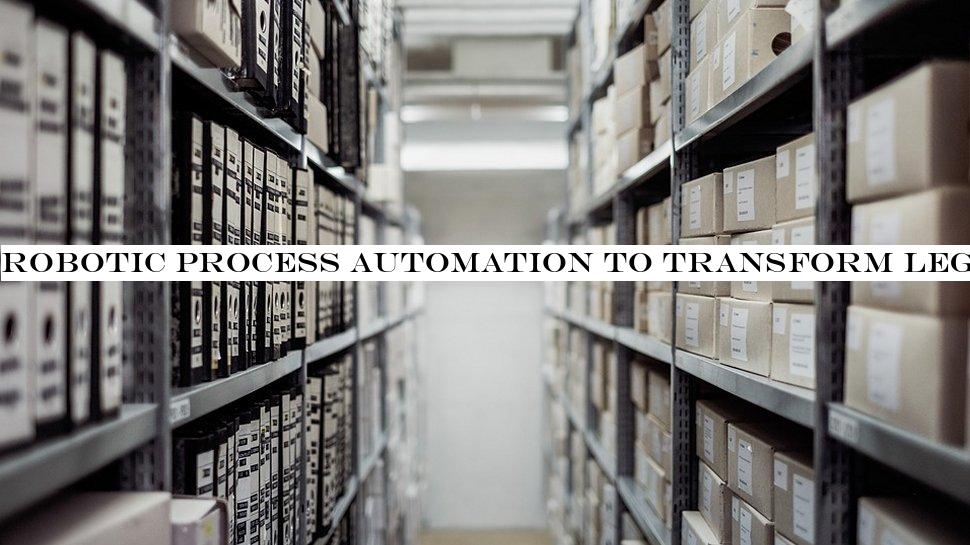INSUBCONTINENT EXCLUSIVE:
The increased pressure faced by law firms to provide their services quicker and at a lower cost for customers means there is a significant
demand to adapt the way they work, and even become more efficient
As one of the longest established professions, the legal sector has previously been resistant to adopt technological change, for cultural,
competitive, and economic reasons, but the industry is taking steps to catch up.About the authorVasile Tiple, Deputy General Counsel,
Just two years ago, only 10% of the top 100 law firms were using artificial intelligence (AI) technology to improve the accuracy and speed
of processing large amounts of information
This has increased to 40% - which shows that whilst the sector has made huge strides with new technologies, there are still huge benefits
that are yet to be unlocked
Results from Gartner this year back this up: only 2% of current legal budgets are being spent on technology, even though it has been
revealed that RPA in legal sector work can cut costs by 20-40 percent, whilst reducing human error and increasing compliance.Legal robots
given that 63% of in-house legal work is repeatable, fact-based decisions that involve no need for human judgement or interpretation
and enabling law firms to become more competitive.Reaping the benefits of RPAThe main advantage of RPA is the reduction in time and costs,
especially when considering that the most common method of charging used by law firms is by the hour
alliance to jointly develop and deliver RPA solutions to its clients at a global level while also establishing a more focused and innovative
processes that are mandatory, but do not necessarily need to be performed by a lawyer and that RPA can handle
Considering the trademark registrations or verifications of disputes made by law firms and reviewing and processing high-volumes of stored
documents as part of a large transaction or due diligence process, are just some of the processes that are suitable for automation
that these transactions may raise.Public sector law and RPARPA can also help with legal functions in the public sector, which faces problems
that require easy-to-deploy, low cost-solutions: from a high volume of work that blocks productivity to employee shortages, cost
optimization, frequent changes in regulations and policies and department siloing
Bureaucracy, waste of paper, inefficient or obsolete systems are the most common problems that can be improved through automation with
minimal costs, compared to a more complete digital transformation program
There are a number of RPA solutions that public sector law departments can use, as well as private firms and professionals:Export control
automate conflict of interest disclosure and verification within an internal, searchable database, and reduce the time needed to identify
reject changes on standard templates and common clauses and allow law professionals to focus on reviewing and negotiating complex
answers in real time, freeing up legal counsels to focus on more complex and strategic requests.What does the future hold for the legal
sector?Deloitte forecasts that by 2025, the quickening pace of technological developments, shifts in workforce demographics, and the need to
offer clients more value for money, will force a profound transformation of the legal sector
mindset, whether in-house or outside council, will undoubtedly transform the way the legal sector works
Addressing its business challenges with a hybrid human/software workforce, using software robots to automate daily processes and freeing
humans up for more creative, strategic tasks is destined to make a huge difference
Taking an automation first approach and providing a clear path forward for organisations to embrace a new dynamic will ultimately result in

